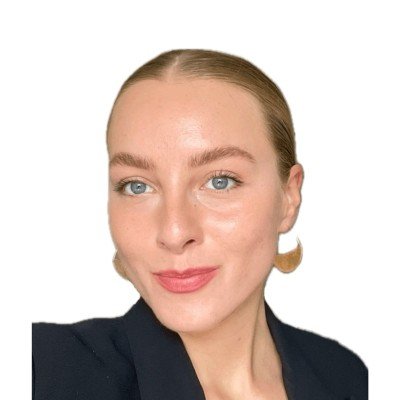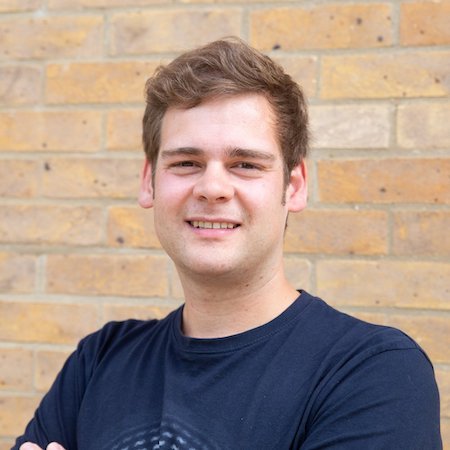October Members’ Forum: Engaging audiences with AI
Photo by Igor Omilaev on Unsplash
Wednesday 15th October, 11am - 12.30pm, plus Q&A from 12.30pm to 1pm
Are you looking to learn how colleagues across the sector are sharing the science of AI with their audiences? Seeking inspiration, or just keen to explore where AI might lead us in the future?
Come along to this extended October Members' Forum, a follow up from our successful STFC Masterclass: Emerging technologies to solve complex problems that took place at RAL Space at the start of the year.
We are delighted to announce Zoë Brammer as our key speaker. She leads in Strategic Foresight at Google DeepMind with a focus on the future of AI for science, and will be giving a talk titled "The Future of Science in the Age of AI: Reflections from the Frontier".
Also featuring a mini showcase of demos of AI engagements showcasing inspiring practice and sparking new ideas for education and engagement. We are excited to already have contributions from:
- Matthew Scroggs, sharing MENACE (the Machine Educable Noughts And Crosses Engine), a machine learning computer built from 304 matchboxes!
- Max Hughes and James Grime showcasing AI exhibits at their brand new location in London at Maths World
- Dee Laval, brings the process and impact of their award winning AI programme for teenagers FAIR ENOUGH
- Clair Griffiths from Xplore! Science Discovery Centre, sharing demos from their recent AI-focussed community programming
Take this opportunity to share experience, ideas and ask those head-scratching questions you and your audiences are curious about. PLUS come to hear a brand new project announcement from ASDC!

Zoë Brammer is a Strategic Foresight Manager at Google DeepMind. She specializes in anticipating and navigating high-stakes risks and opportunities at the intersection of advanced AI, policy, and long-term strategy. By translating complex research on advanced AI development and societal change into novel engagement mechanisms and clear insights, Zoë shapes policy decisions and public debate. Before joining DeepMind, she drove critical initiatives on AI and cybersecurity as a lead researcher and public speaker at the Institute for Security and Technology.

Matthew Scroggs is a Research Software Engineer at University College London who works on algorithms used to approximate solutions to wave scattering problems, among other things. He is a keen recreational mathematician and one of the editors of Chalkdust, a magazine for the mathematically curious. His hobbies include building machine learning computers from matchboxes.
